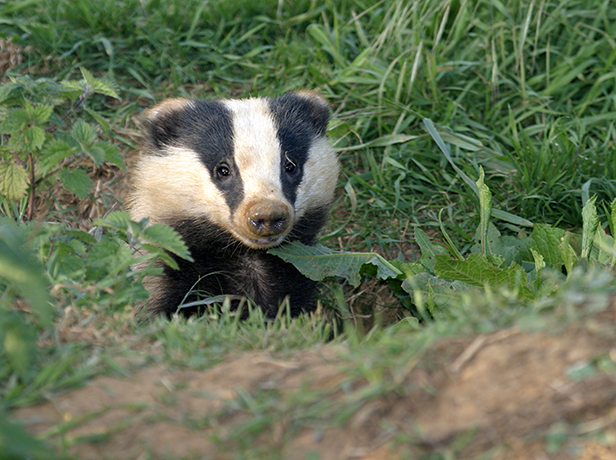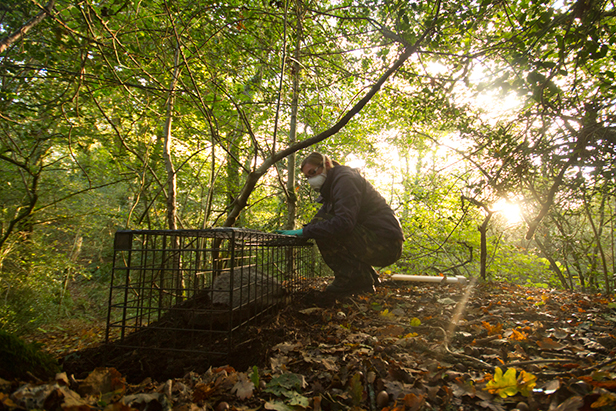
Badger © Wild Stock
Dorset Wildlife Trust (DWT) has declared its disappointment that applications have been submitted to Natural England to carry out badger culls in Dorset later this year.
DWT supports and promotes alternative solutions to help control the spread of the devastating disease Bovine Tuberculosis (bTB). To demonstrate alternatives to badger culling, the wildlife conservation charity has been carrying out a badger vaccination programme in west and north Dorset, which is now in its third year.
Chief Executive of DWT, Dr Simon Cripps, said, “As an owner of a herd of cattle, Dorset Wildlife Trust is extremely sympathetic to the farmers whose cattle are affected by this devastating disease, but we urge the Government to consider the scientific evidence which indicates that the cull will not reduce Bovine Tuberculosis (bTB) in cattle. The problem could even be made worse as increasing the movement of potentially infected badgers into an area cleared of badgers could risk contact between them and uninfected cattle.”

Badger vaccinations in Dorset © Sam Stewart
In 2013 pilot badger culls in Somerset and Gloucestershire ended in failure to meet required targets. In Somerset just 65 per cent of the badger population was removed in a nine week period, when the cull aimed to remove at least 70 per cent in six weeks. In Gloucestershire only 39 per cent were removed in eleven weeks. The two culls cost £3,350 per badger on average, according to The Telegraph.
DWT wants to see the eradication of the devastating disease Bovine Tuberculosis (bTB) and understands the serious implications for farmers who lose stock as a result, but believes there are more effective and reliable ways of controlling the disease, such as better biosecurity, badger vaccination and, in the long term, cattle vaccination.
To support the badger vaccination programme DWT is carrying out on selected reserves in Dorset, please visit www.dorsetwildlifetrust.org.uk/protectingbadgers. To find out more about DWT’s badger vaccination programme visit www.dorsetwildlifetrust.org.uk/badgers.






